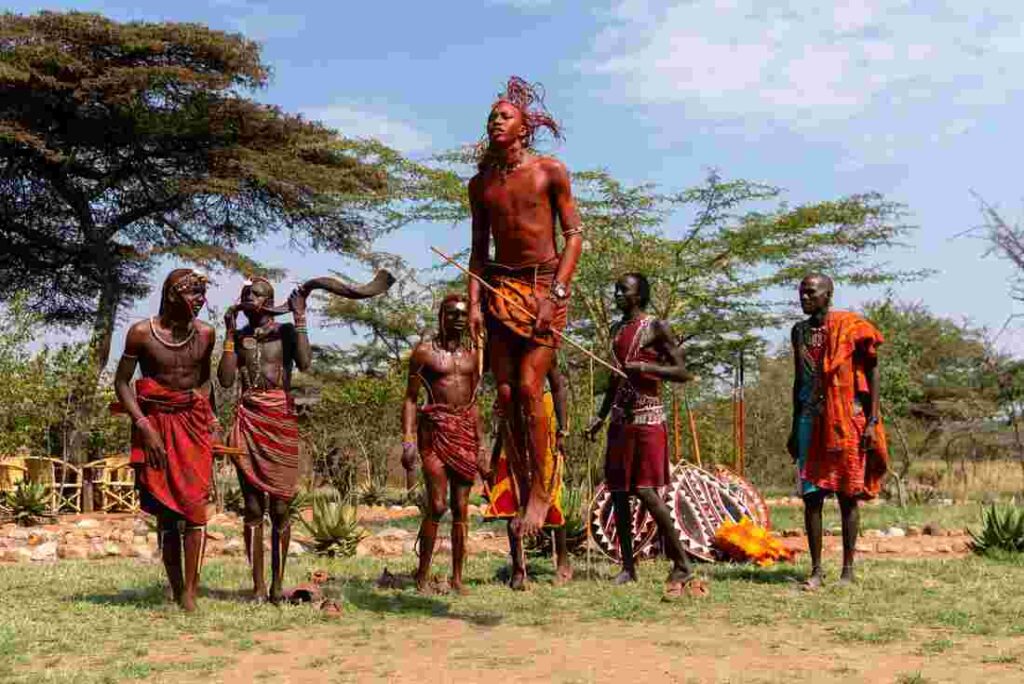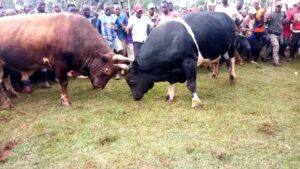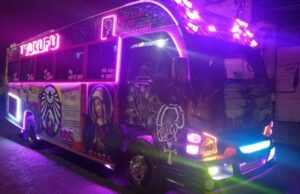The Maasai are a semi-nomadic ethnic group that inhabits parts of Kenya and Tanzania. They are known for their distinctive customs, dress, and way of life, which have remained largely unchanged for centuries.
The Maasai are traditionally pastoralists, raising cattle, sheep, and goats, and living in semi-permanent settlements called manyattas. Their livelihoods are intimately tied to their livestock, which they use for food, trade, and social status.
The Maasai are also known for their distinctive dress, which includes brightly colored shukas (cloths), beaded jewelry, and sandals made from car tires. Their cultural practices include circumcision for boys, which marks their transition to adulthood, and arranged marriages for girls, who typically marry at a young age.
Despite the pressures of modernization and development, the Maasai have maintained much of their cultural heritage and traditional way of life. However, they have also faced challenges from factors such as land dispossession, wildlife conservation policies that restrict their access to grazing areas, and changing economic conditions.
In recent years, there have been efforts to promote sustainable development and conservation practices that take into account the needs and perspectives of Maasai communities. These efforts aim to support the preservation of Maasai culture and livelihoods while also protecting the natural environment and promoting economic opportunities that benefit local communities.



